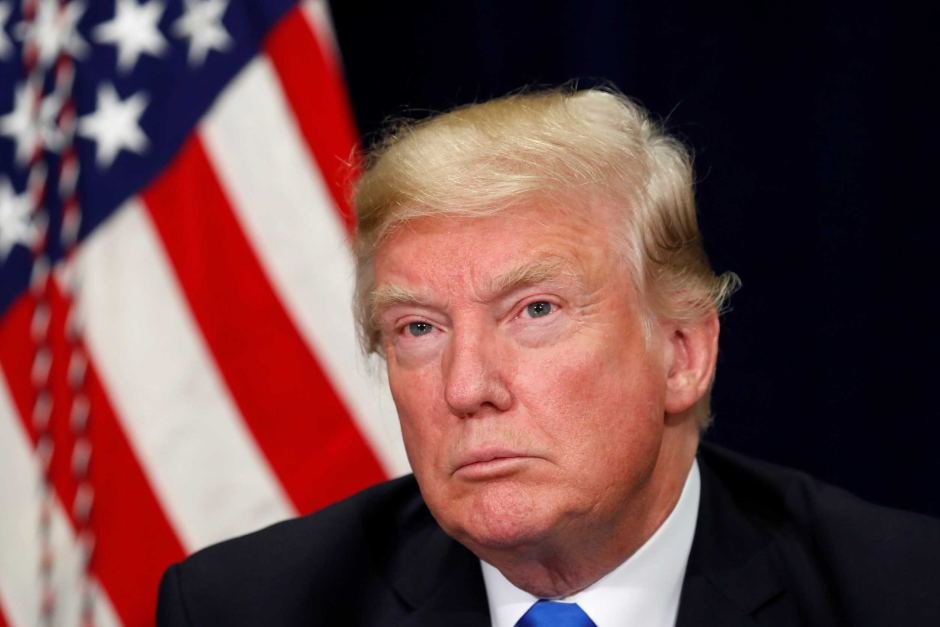U.S. withdrawal from JCPOA undermine unification of Western countries: professor

On May 8, 2018 Donald Trump, President of the United States announced withdrawal of U.S. from JCPOA during a speech, with starting unfounded claims against Iran.
A reporter at Tehran Times newspaper recently interviewed Jeffrey Lefebvre Professor in the Political Science department at University of Connecticut to further discuss the issue.
Following is the complete text of the interview with Jeffrey Lefebvre.
Q: The United States violated JCPOA and left it. What was the reason for this?
A: President Trump’s decision for the United States to leave the JCPOA seems to have been motivated by personal and domestic political considerations. First, Trump seemed determine to reverse one of the major foreign policy achievements of the Obama administration. Out of personal pettiness/jealousy Trump apparently wants to erase Barak Obama’s political legacy—he has failed thus far on the domestic front in eliminating Obama (health) Care. Secondly, the decision plays well with the important pro-Israel base of his domestic political support. Trump’s decision and hardline position was further reinforced recently by appointing the hawkish John Bolton as his National Security Adviser and Mike Pompeo as Secretary of State after removing more moderating voices that had urged him to remain in the JCPOA.
Q: According to the violation of JCPOA by U.S., what are the other members' responsibilities to the nuclear deal?
A: In the week leading up to his decision, very publicly and in private meetings with the president, high-ranking French, British, and German government officials sought to convince Trump to remain in the JCPOA. Their main concern now, as well as that of other U.S. friends and allies, is whether the Trump administration will impose secondary sanctions against foreign businesses who conduct or continue to maintain business ties with Iran. Rather than forcing them to fall in line with U.S. policy, however, Trump’s action may have the “unintended” consequence of splitting the Atlantic Alliance. Washington’s Western partners feel it is in their interest if not also their responsibility to remain in and abide by the terms of the JCPOA.
Q: Trump on the one hand is struggling for peace with North Korea, and on the other hand violated the JCPOA. Why?
A: The Trump administration’s decision to leave the JCPOA just before conducting negotiations with North Korea may be seen as a way to convey Trump’s intention to adopt a hardline bargaining strategy with North Korea. But this action, at the same time, raises questions about U.S. credibility in keeping agreements. Trump may think the message is that only agreements he negotiates and signs off on will be respected and honored by his administration. If that is the case it basically puts U.S. adversaries as well as trade partners in the position of also adopting hardline bargaining policies or simply waiting it out and hope Trump is voted out of office in 2020, if not impeached before then.
Q: What is the reason for Israel's attack on Damascus, After Trump's action regarding with JCPOA?
A: While Trump had promised not to increase the U.S. military role in the Middle East, Israel may now feel it has a green light from Washington’s to increase its military actions in Syria (to counter Iran) and elsewhere. Moreover, note the complete silence from the Trump administration in refusing to condemn Israeli forces for killing some sixty unarmed, protesting Palestinians in Gaza on May 14--the day the U.S. Embassy was relocated to Jerusalem and opened in a ceremony attended by Trump’s daughter and son-in-law. By withdrawing from the JCPOA Trump seems to be signaling to Israel and Saudi Arabia, in particular, that the United States will support and certainly not condemn their military activities to counter Iran’s perceived growing influence in the Middle East.
Leave a Comment